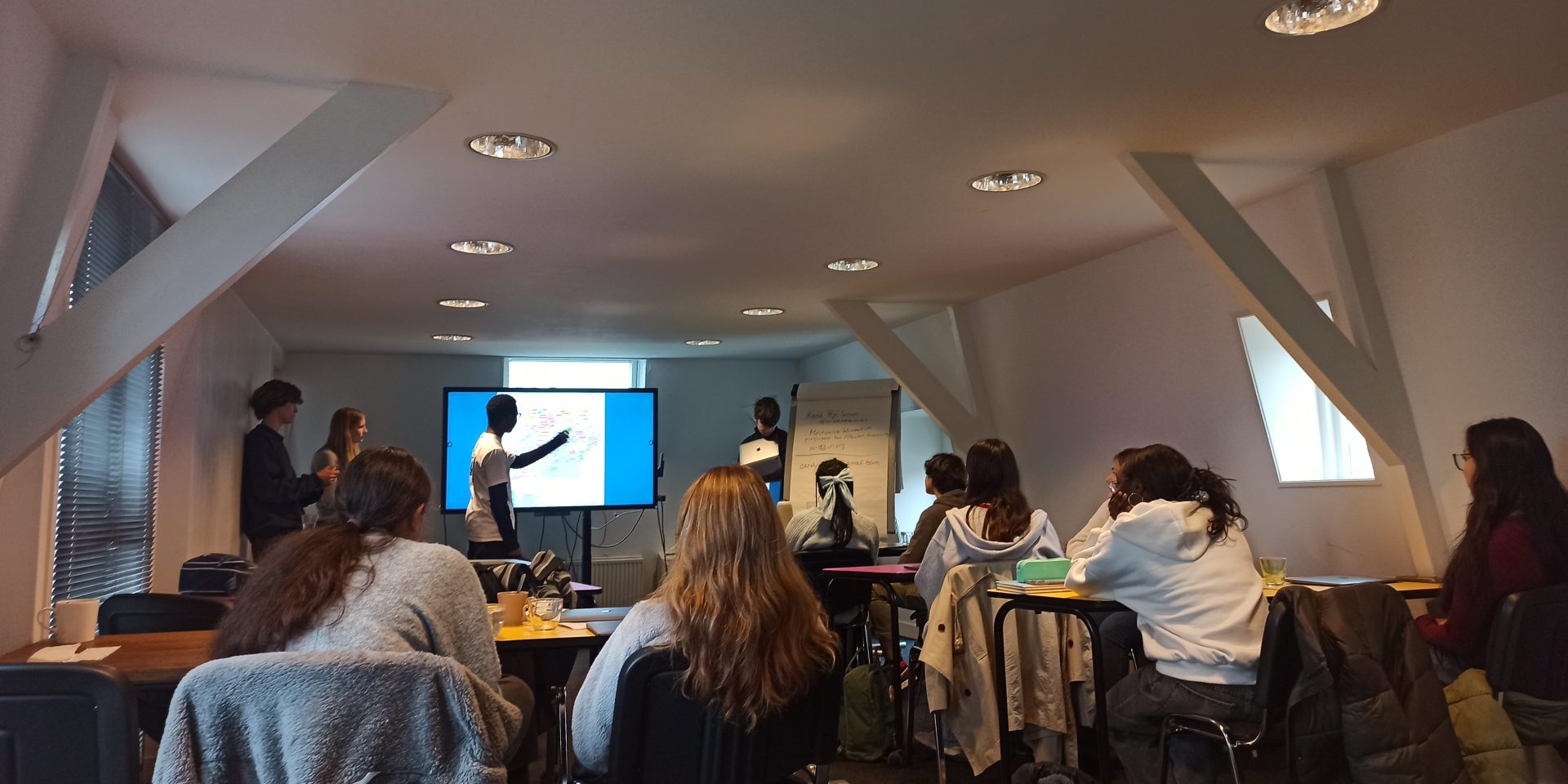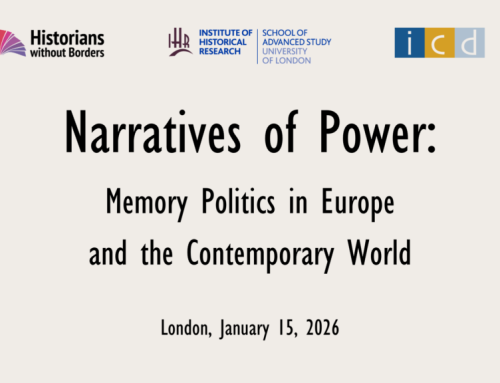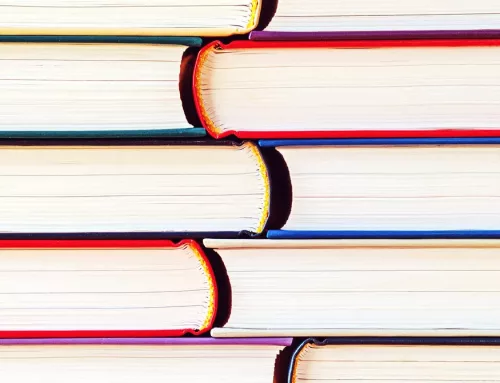How to best serve justice when crimes are committed by those in power and national justice systems do not deliver?
As part of our project Seeking Justice, we run a four-day programme for students focused on international justice from the Nuremberg trials to today’s International Criminal Court (ICC). The seminar culminates with a visit to the ICC, where students sometimes get the chance to watch the proceedings of a criminal trial, depending on the court’s schedule. Led by the trainers, Barry, Carolyn, and Belin, students leave The Hague with a newfound appreciation for international justice and a foundational understanding of how the ICC works.
From 6-8 November, a group of 13 students from a school in Switzerland visited the EuroClio office to take part in one of these workshops. Throughout their time here, they participated in activities that addressed questions such as: What is justice? Who is justice for? How does the ICC work? One such activity required them to work in groups to conduct research and prepare presentations on different international tribunals. The presentations were well-researched and interesting, and the students were clearly engaged with the topics being discussed. Students also had the opportunity to hear from and ask questions to an individual who witnessed war crimes in their country. This personal account was deeply moving for everyone in the room, and students asked thoughtful questions connecting the speaker’s story to what they had learned.
On December 10-13, another student workshop took place, this time with students from two schools in The Netherlands. As this workshop was one day longer, students were able to participate in a Model United Nations activity in addition to the regular activities that took place during the November workshop. With their name tags and country assignments (and in some cases, their professional clothing), students successfully simulated a UN security council debate.
On December 13th, the students visited the ICC and had the opportunity to watch the closing statements from the trial of Abd-Al-Rahman, who is charged with war crimes and crimes against humanity allegedly committed in Darfur, Sudan between 2003 and 2004. This was a unique opportunity for students to watch international justice in action and see the evidence they learned about in the days before being used during the trial. Students keenly followed the proceedings and made interesting observations about what they had watched. Afterwards, the group attended a briefing led by an ICC staff member, who answered questions from students and other observers and presented some background information on the ICC and its work.
To learn more about Seeking Justice, you can visit the project page here. If you are interested in having your students participate in the Seeking Justice youth workshop, you can find additional information and instructions here. We look forward to welcoming more students for this exciting opportunity!













